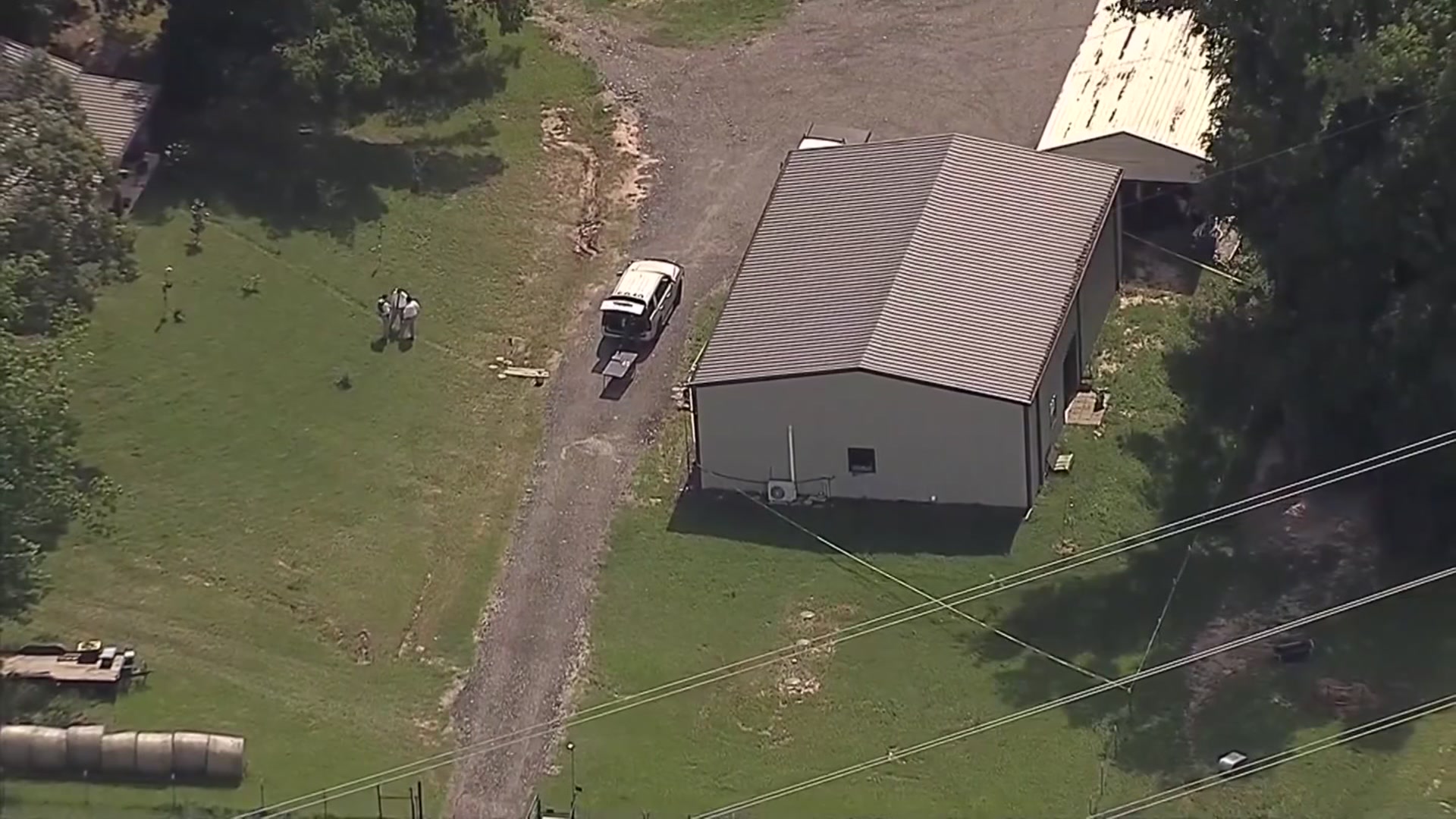El Paso Shooter Plea: Justice Finally Arrives?
El Paso Walmart Shooter: Guilty Plea Ends Years-Long Case
Introduction: A Chapter Closes in El Paso
It’s been nearly six agonizing years since the horrific day in August 2019 when a young man unleashed unimaginable terror on innocent shoppers at an El Paso Walmart. The victims, predominantly Hispanic, became targets in a senseless act of hate. Now, after years of legal battles and emotional turmoil, the case against Patrick Crusius is nearing its conclusion. Crusius, the man responsible for the deaths of 23 people, is expected to plead guilty to capital murder. This plea will likely bring a sentence of life in prison without the possibility of parole, finally offering some semblance of closure to the devastated community.
The Plea Deal: A Path to Justice?
El Paso County District Attorney James Montoya announced a plea deal, taking the death penalty off the table in exchange for Crusius's guilty plea. But is life without parole true justice for the lives lost and families shattered? It's a question that echoes through the community, a community forever scarred by the events of that day.
Federal Sentencing: A Precedent Set
Before this state-level plea, Crusius faced federal charges as well. In 2023, he pleaded guilty to hate crime and weapons charges in federal court. The result? Ninety consecutive life sentences. It was a significant step, but the need for accountability on the state level remained paramount.
Federal vs. State: Why Both Trials Mattered
Why two trials? The federal trial focused on the hate crime aspect and the violation of federal laws. The state trial, however, addressed the act of murder under Texas law. Each trial, in its own way, aimed to deliver justice and ensure that Crusius faced the full consequences of his actions.
The Biden Administration's Decision: Taking Death Off the Table
Under the Biden administration, federal prosecutors also opted not to pursue the death penalty. This decision, like the plea deal offered by the El Paso County DA, has sparked debate. Some argue that the death penalty would have been a fitting punishment, while others believe that life without parole is a more appropriate and just outcome. What do you think is more fitting?
Life Behind Bars: Where Will Crusius Serve His Sentence?
With the upcoming guilty plea in state court, Crusius will be transferred to the custody of the Texas Department of Criminal Justice. He will spend the remainder of his life incarcerated in a state prison, a constant reminder of the lives he took and the pain he inflicted.
The Victims: Never Forgotten
Amidst the legal proceedings, it's crucial to remember the victims. Twenty-three lives were tragically cut short, leaving behind grieving families, friends, and a community grappling with unimaginable loss. Their stories, their memories, must never be forgotten.
The Aftermath: Healing a Wounded Community
The El Paso Walmart shooting left deep scars on the community. The city has worked tirelessly to heal, to rebuild, and to stand strong against hate. Support groups, counseling services, and community initiatives have played a vital role in this ongoing process.
The Role of Hate Speech: A Catalyst for Violence
Crusius's actions were fueled by hateful rhetoric and racist ideologies. The internet played a significant role in spreading this hateful content. This tragedy underscores the dangers of hate speech and the need to combat it at every level.
Social Media's Responsibility: A Platform for Hate?
Social media platforms have faced increasing scrutiny for their role in amplifying hate speech. Critics argue that these platforms need to do more to moderate content and prevent the spread of harmful ideologies. But where do we draw the line between free speech and harmful content?
Gun Control: A Recurring Debate
The El Paso shooting reignited the debate over gun control in the United States. Proponents of stricter gun laws argue that easy access to firearms makes it easier for individuals with malicious intent to commit acts of violence. This debate remains a central issue in American politics.
The Impact on El Paso's Hispanic Community
As the targets of the shooting were primarily Hispanic, the attack instilled fear and anxiety within El Paso's vibrant Hispanic community. Many felt targeted and vulnerable. The shooting served as a stark reminder of the prejudice and discrimination that still exist in society.
El Paso Strong: A City's Resilience
Despite the pain and trauma, El Paso has demonstrated remarkable resilience. The community has come together to support one another, to heal, and to reaffirm its commitment to diversity and inclusion. "El Paso Strong" has become a symbol of the city's unwavering spirit.
Looking Ahead: Prevention and Education
Preventing future tragedies like the El Paso shooting requires a multi-faceted approach. This includes addressing mental health issues, combating hate speech, promoting tolerance, and implementing common-sense gun safety measures. Education is key to fostering a more inclusive and understanding society.
Combating Radicalization
We need to understand and address the factors that lead to radicalization. This involves identifying at-risk individuals and providing them with the support and resources they need to reject violent ideologies. It's a complex challenge that requires collaboration between law enforcement, mental health professionals, and community leaders.
Promoting Tolerance and Understanding
Education plays a crucial role in fostering tolerance and understanding. By teaching children about different cultures, religions, and perspectives, we can help break down stereotypes and promote empathy. We need to create a society where diversity is celebrated, not feared.
Conclusion: Closure, But Not Forgotten
The expected guilty plea of Patrick Crusius marks a significant step toward closure for the El Paso community. While it doesn't erase the pain and loss, it does offer a sense of accountability. The memories of the victims will forever be etched in the hearts of those who knew and loved them, and the city of El Paso will continue to heal and rebuild, stronger and more resilient than ever before.
Frequently Asked Questions
- Why did the El Paso County District Attorney offer a plea deal instead of pursuing the death penalty?
The decision to offer a plea deal was likely influenced by several factors, including the desire to avoid a lengthy and potentially traumatic trial for the victims' families, the cost of pursuing the death penalty, and the certainty of a life sentence without parole. It ensures Crusius will never be free.
- What are the main differences between the federal and state charges against Crusius?
The federal charges focused on hate crimes and weapons violations, while the state charges focus on capital murder. Both are necessary to ensure the full scope of his crimes is addressed.
- What kind of impact did the El Paso shooting have on the local community?
The shooting had a devastating impact, instilling fear, anxiety, and grief. It also led to increased awareness of hate crimes and the importance of community support and healing initiatives.
- What is being done to prevent similar tragedies from happening in the future?
Efforts include addressing mental health issues, combating hate speech online and offline, promoting tolerance and understanding through education, and advocating for common-sense gun safety measures.
- Where will Patrick Crusius serve his life sentence?
Patrick Crusius will serve his life sentence in a Texas state prison under the custody of the Texas Department of Criminal Justice.

